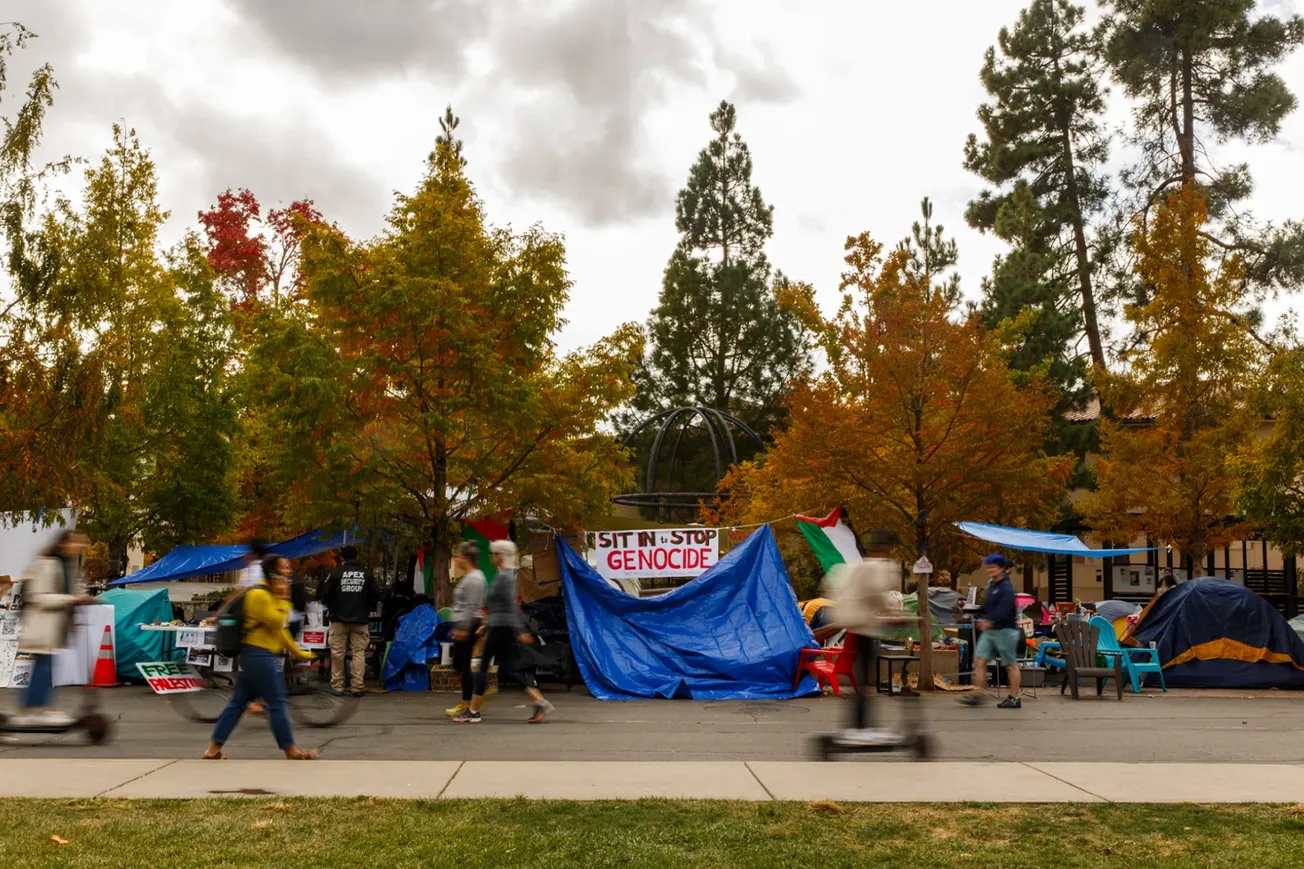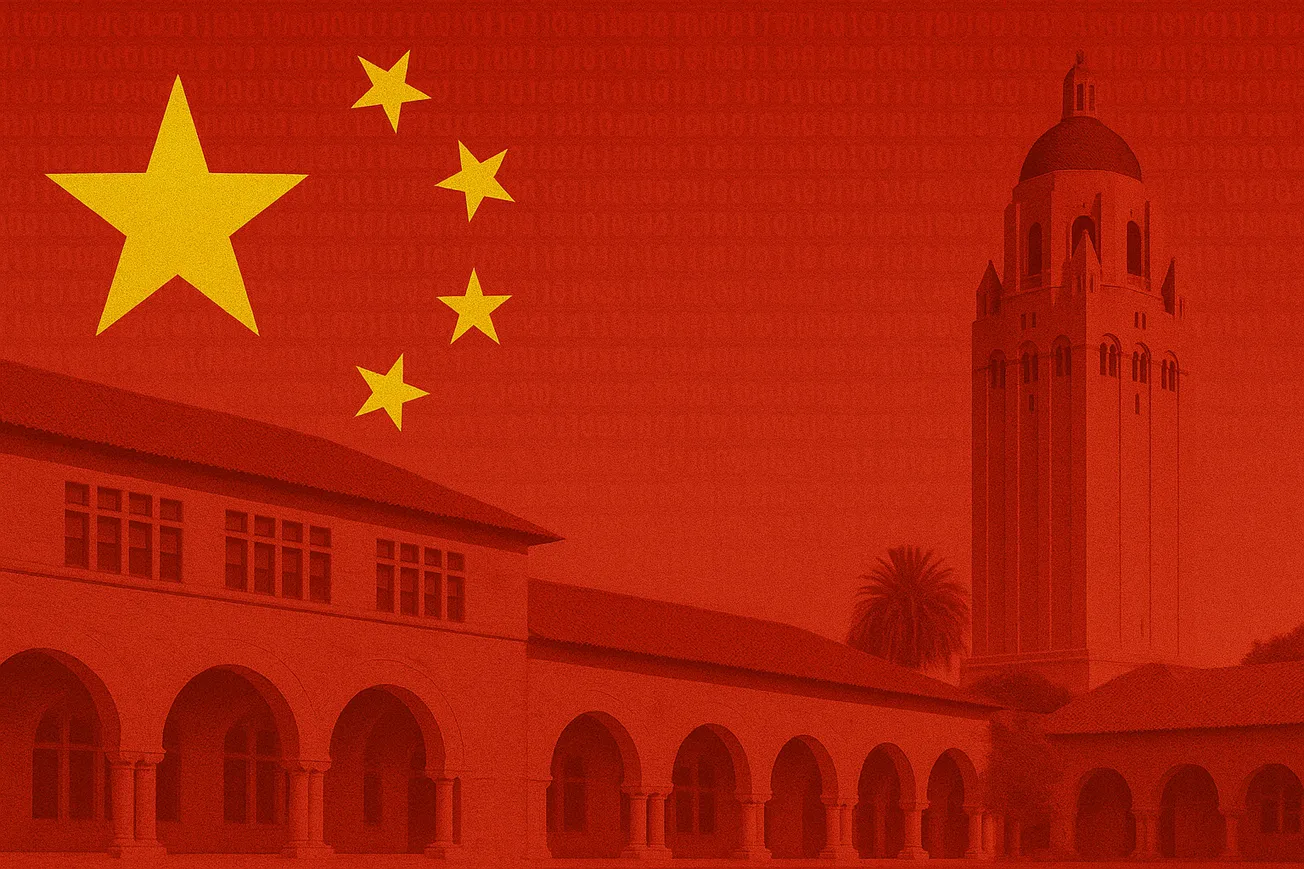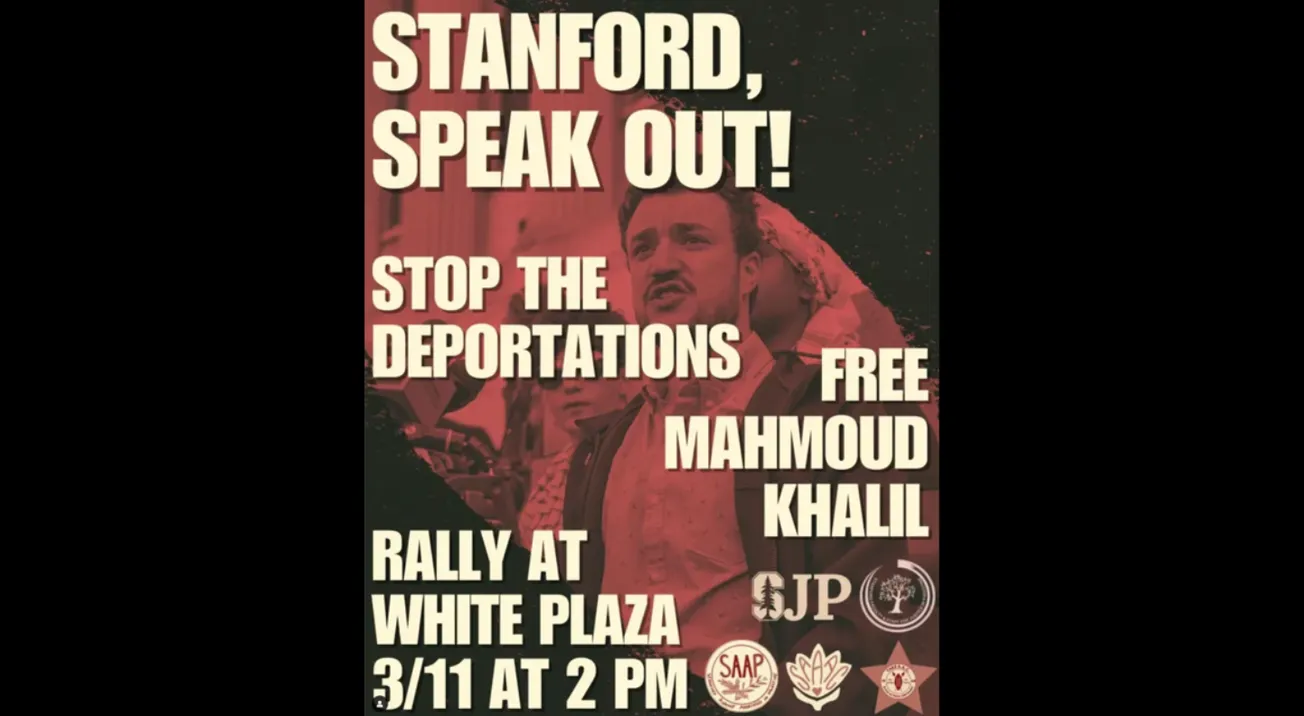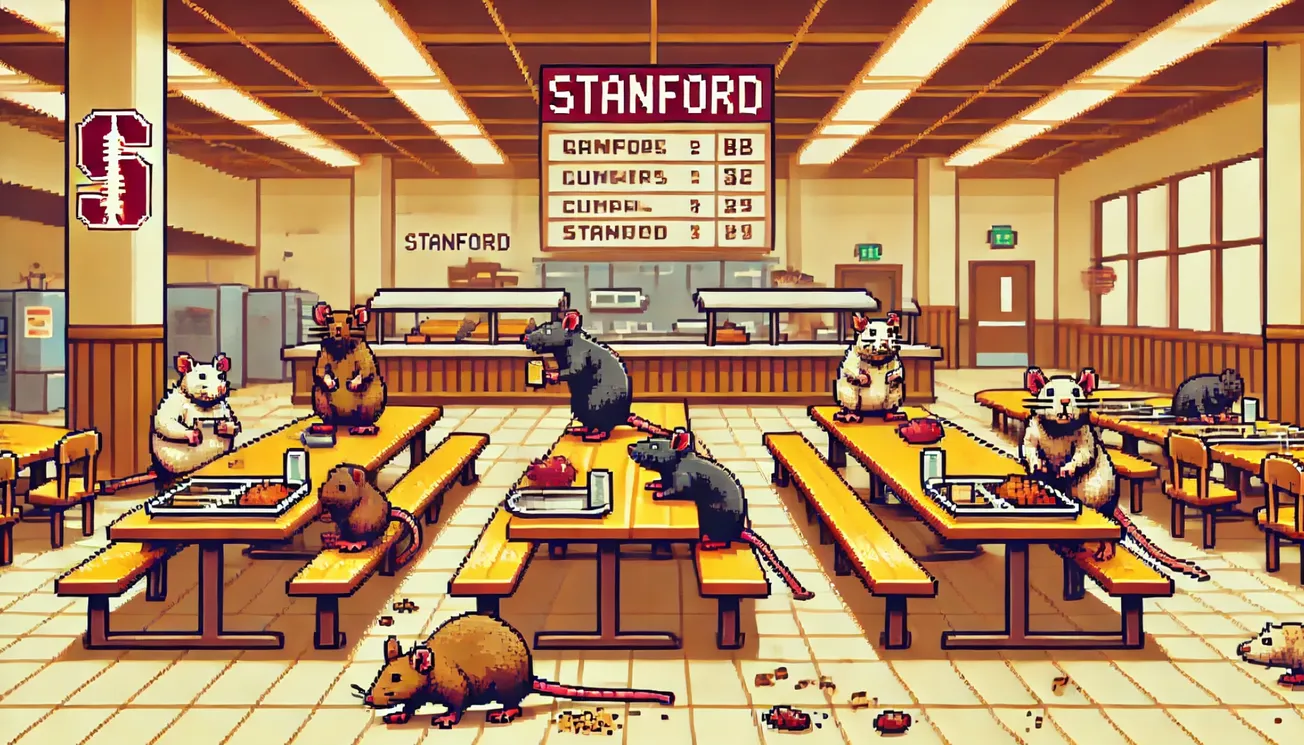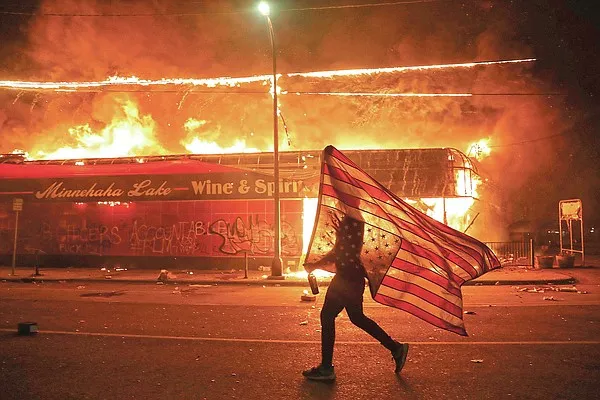Table of Contents
Before students even moved into their dorms for this school year, Stanford Provost Jenny Martinez and Vice Provost for Student Affairs Michele Rasmussen welcomed students to campus with new freedom of speech policies and guidelines.
After a year of disruptive protests and concerns about free speech, Stanford’s statement reaffirms the importance of freedom of speech and the ability to engage with differing viewpoints in academia. The provost wrote that “the freedom to explore and present new, unconventional, and even unpopular ideas is essential to the academic mission of the university; therefore, Stanford shall promote the widest possible freedom of expression, consistent with the university’s legal and moral obligations to prevent harassment and discrimination.”
Despite these affirmations, Stanford’s new policies leave room for improvement.
Here, Stanford should look to UChicago — arguably the university that best protects freedom of speech — for guidance. While both Stanford and the University of Chicago declare freedom of speech, closer inspection reveals a vast disparity in practice. UChicago’s policy as expressed in the famous "Chicago Statement" is a more absolutist position, insisting that the university is not a barrier for ideas people do not like or find offensive and fiercely resists any attempts to control speech. Such an approach has a long tradition in the university, established since its inception in 1890.
Stanford faculty affirmed the “Chicago Statement” in May 2024 but, in many ways, we have yet to see a proper implementation of the principles on campus.
In recent years, Stanford’s track record on protecting freedom of speech has been dismal. Kyle Duncan, a Trump-appointed judge in the U.S. Court of Appeals for the Fifth Circuit, was shouted off-stage. Then, when Stanford Law School’s associate dean for diversity, equity, and inclusion, Tirien Steinbach, was given a chance to defend Judge Ducan’s right to speak, she asked, “Is the juice worth the squeeze?” In doing so, she further perpetuated the idea that some ideas are not worth sharing because they cause some people discomfort.
Worse yet, Professors Scott Atlas and Jay Bhattacharya were silenced by faculty for opposing COVID-19 policies. The faculty senate condemned their views against quarantines and mask mandates, calling them unscientific and dangerous, despite both Atlas and Bhattacharya’s expertise and research. Faculty even went as far as to censure Dr. Atlas officially. In the end, both professors turned out to be correct about Covid’s origins and how to best address the virus.
Stanford has also failed to rein in pro-Palestine protestors who delivered a heckler’s veto during countless events, marring family weekend amongst other events. The university’s tacit permission for leftist protestors to hijack campus events culminated in the vandalization of Main Quad, including memorials to veterans of the Spanish-American War, and the storming of the President’s office. The Palestinian cause, if anything, by having members of the movement arrested, lost opportunities to engage with others and push their cause.
This illiberal culture not only prevents free expression but even harms leftist protestors: They believe such actions are acceptable because they live in a culture that ascribes no consequence to their actions. That is until the break-in of the President’s office forced the university to enforce its speech policies.
It should come as no surprise that a report by the Foundation for Individual Rights and Expression (FIRE), the premier free speech interest group in the U.S., found that one-third of Stanford students believe violence is an appropriate method of silencing speech.
The distinction between Stanford’s less-than-stellar track record on free speech and UChicago’s was made evident when an anonymous donor recently gave UChicago, and not Stanford, $100 million to support the campus’ commitment to free inquiry and expression in recognition of the University’s position as a champion of academic freedom.
Stanford should strive to be more like UChicago and introduce some form of the Chicago Statement, update policies to remove potential prohibitions on free speech, foster more robust curricula on free inquiry, develop a forum for free speech promotion and defense, and host more events on politically charged issues. It would strengthen Stanford’s stand on free speech and add it to a list of more universities embracing UChicago’s commitment to free speech and academic freedom, expanding its intellectual life and preparing students for a complex and controversial world.
Young people have become increasingly hostile towards something as simple as conversing with those who differ from them. Let's foster an environment for productive political engagement rather than set ourselves back and show hostility toward those we disagree with. The new Stanford statement is a massive step in the right direction, and all universities should follow suit.
Stanford is a world-class institution, with the abundance of talented future leaders, entrepreneurs, journalists, and scientists. We must preserve an environment where everybody has the opportunity to challenge and be challenged by others—an imperative especially important during an election year.
Although its track record is shameful, Stanford’s move towards institutional neutrality and prioritizing freedom of expression is a huge step in the right direction. With the recent inauguration of a new president, Jonathan Levin, Stanford’s institutional shift serves as a model for other elite universities to protect open discourse within academia.

